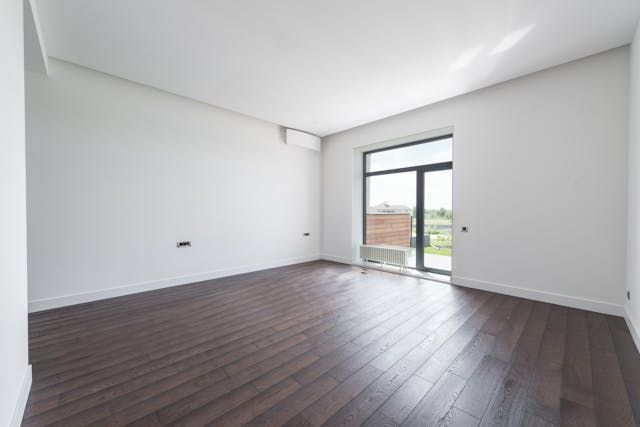Investing in Amenities: Adding Value to Your Rental Portfolio
Understanding tenant preferences is important in building a thriving residential rental business. Providing desired facilities and amenities in your rental property can attract quality tenants and enhance tenant retention. Here are some tips on how to identify amenities that help add value to your rental.
Research and Analysis
A thorough research should be done before choosing what amenities to offer at your rental property. Identify your ideal tenant’s demographics (age, income, education level, etc.) and list the amenities that will appeal to their lifestyle. Analyze local rental market trends and competition to understand the amenities offered by competing properties and identify gaps or opportunities for differentiation.
Selecting Amenities
When selecting amenities, it is important to categorize them based on their importance and appeal to tenants. Essential amenities include basic utilities, maintenance services, and security features. Desirable amenities may include high-speed internet, cable TV, modern kitchen appliances, and in-unit modern laundry facilities. Premium amenities, such as walk-in closets, granite countertops, laminated flooring, etc., can further enhance the appeal of your property.
Budgeting and Cost Analysis
Investing in amenities requires careful budgeting and cost analysis to ensure a positive ROI. Consider both, the cost of purchase and installation expenses. You should also consider ongoing operating expenses such as maintenance, repairs, and utilities. Evaluate the potential return on investment for each amenity to prioritize investments that offer the highest value proposition for your rental portfolio.
Implementing Amenities
Once you have selected the amenities you want to offer, it is important to execute the implementation process effectively. Choose reputed vendors and hire seasoned and certified contractors to ensure high-quality installation and maintenance.
Marketing and Positioning
Highlighting amenities in property marketing campaigns is crucial for inviting prospective tenants. Mention facilities provided to tenants in property listings and advertisements. Make use of professional photography and virtual tours. Emphasize unique selling points and competitive advantages to differentiate your property from others in the market.
Monitoring and Adjustments
Continuously monitor tenant feedback to gauge satisfaction levels and identify areas for improvement. Regularly evaluate the ROI of amenities and make adjustments as needed to optimize returns. Stay updated on market trends and evolving tenant preferences to ensure that your amenities remain relevant and attractive to prospective tenants.
For more information on how to make your property attractive for tenants, visit
Hunter Rentals & Sales, located at 1503 W Stan Schlueter Loop, Killeen, TX 76549, United States, or call (254) 634-3311. You can also browse www.hunterrentals.com and follow us on social media for the latest updates.







